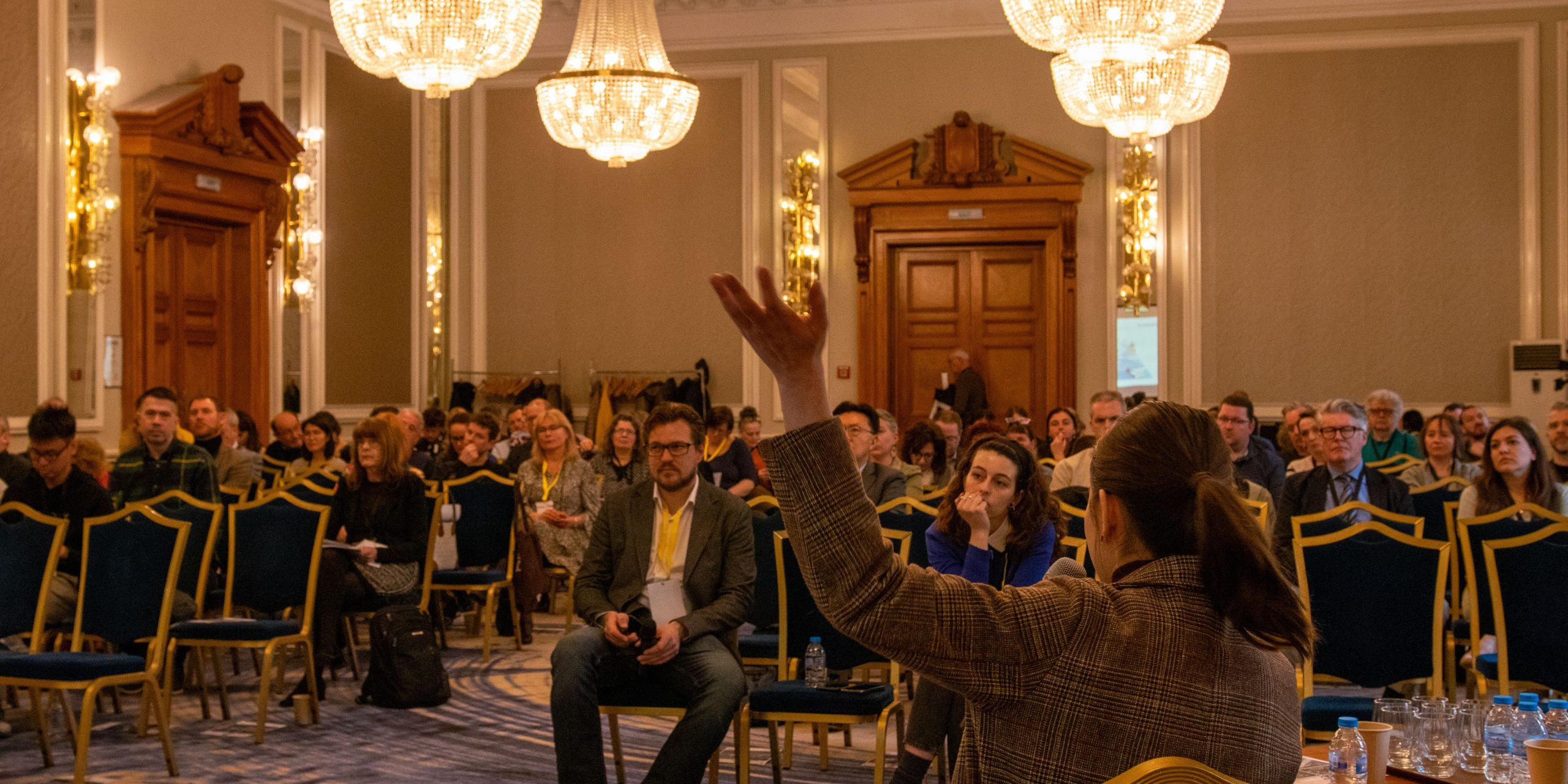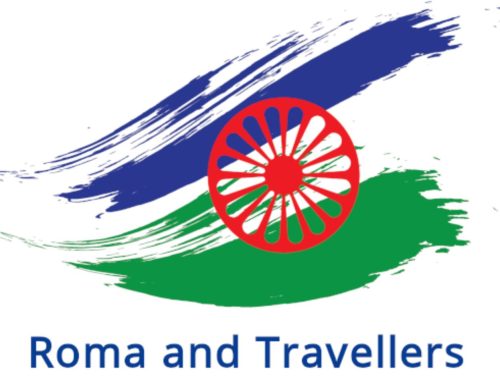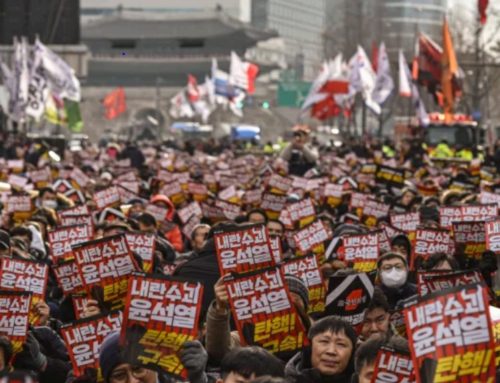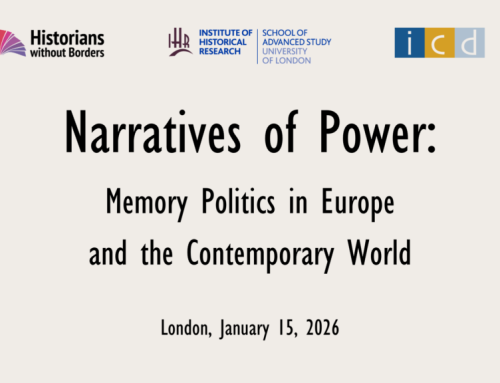During EuroClio’s Annual Conference in Sofia, the staff proudly hosted a plenary session featuring former trainee Monika Lendermann. Now working at the Council of Europe, Monika travelled to Sofia to lead a Workshop on the Observatory on History Teaching in Europe (OHTE), sharing key insights from the General Report on the State of History Teaching in Europe.
Giorgia Busato, EuroClio’s Project Support Officer, seized the opportunity to interview Monika. They discussed her current role, the impact of her EuroClio traineeship on her career, and her experience transitioning from conference organiser to participant!
Giorgia Busato (EuroClio): Hi Monika, thank you very much for taking the time for this interview. First of all, what are you doing now after your traineeship at EuroClio?
Monika Lendermann (Council of Europe): Hi Giorgia, thank you for asking! I now work as a project officer within the Education Department at the Council of Europe (CoE) in Strasbourg. Specifically, I am with the Observatory on History Teaching in Europe (OHTE) and am responsible for policy research and analysis, which involves coordinating research among transnational teams as well as drafting and editing reports.
GB: As someone who helped organise EuroClio’s Annual Conference last year, what was the most rewarding aspect of that experience for you?
ML: I think it can be difficult to fully grasp just what a complex operation it is to organise an event like this until you’ve actually done it yourself. There are so many minute and often mundane details which are usually taken for granted, with moving parts and variables that are sometimes completely out of your control. You are always juggling multiple tasks while still remaining ready to creatively respond to the unexpected problems that inevitably crop up. Apart from equipping me with hard skills and knowledge related to event management (e.g. working out budgets or logistics), my experience with that conference really helped me appreciate the enormous amount of work that goes into organising large-scale international events.
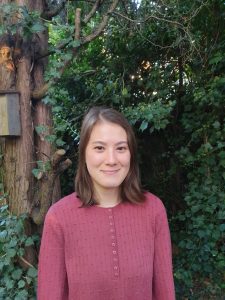
GB: What was the experience like for you attending this year’s Annual Conference as a participant, and a presenter, having organised it last year?
ML: Last year, I organised a transnational youth workshop taking place parallel to the conference, so I was working behind the scenes a lot to ensure that things were running smoothly. This year, I actually got to attend the different workshops and presentations, many of them facilitated by people I already knew personally or had worked with before, but whose work I had not had the chance to see presented in a setting like this before.
This year, I co-hosted a plenary workshop to present the results of the first OHTE General Report on history education in Europe (read it here!). It was especially rewarding to engage in discussions with people representing sectors like education, policy or academia. By seeing how your own work concretely impacts practitioners “on the ground”, you learn more about the wider effect of policies on everyday lives and societies. This kind of work is a two-way street, where it’s crucial to gather feedback on the improvements people need in their respective education systems, based on their lived experiences. It’s by listening to people that we can better inform the work done by institutions like the CoE.
GB: What did you like the most about this year’s Annual Conference?
ML: Apart from the fact that I was participating as a presenter rather than organiser, the most enriching part of the conference was seeing such a large, diverse group of people coming together from all over Europe and beyond. On a day-to-day basis, while conducting research or implementing projects, we work with smaller teams on specific tasks, and the bigger picture can sometimes retreat into the background. Bringing everyone together in the same space to discuss common concerns and issues reminds you just how many people are working in collaboration — whether directly or indirectly — to achieve larger objectives. A goal like building sustainable democratic societies through education requires the ongoing, long-term cooperation of a multitude of people and institutions with diverse backgrounds and expertise. Events like this allow you to appreciate that every single individual plays their own part in moving us forward.
GB: What specific skills did you acquire during your time at EuroClio, and how have these skills contributed to your success in obtaining your current position?
ML: I think it’s no secret among people familiar with the organisation that trainees at EuroClio are given very real responsibilities. My traineeship allowed me to develop a very concrete understanding of the project management cycle — so everything involved in executing a project, from planning and budgeting through to monitoring and reporting. At the same time, I gained insights into adjacent areas of work like communications and operations. By working on a portfolio of projects which involve international teams, you also develop skills that are important in every professional setting — things like time management, adaptability, working under pressure or creative problem-solving. And finally (as my supervisor Eugenie [Khatschatrian] used to frequently remind me), “people management” is always key, meaning building and maintaining good relationships with different stakeholders. These are all things I’ve taken with me as I’ve moved forward in my professional development.
GB: How important was networking during your time at EuroClio and how has it continued to benefit you in your current role?
ML: Very important — in fact, it was my traineeship that led me directly to my current job! I first got to know the OHTE team because I was part of the EuroClio team working on the research for the General Report. I was then lucky enough to be able to join them as a full-time staff member following my EuroClio traineeship.
More generally, I developed an understanding of the networks and relationships between different organisations working in this field. Here at the CoE, I regularly see faces at events who are already familiar to me from EuroClio, and I’ve even been able to involve people I got to know through EuroClio in CoE initiatives. Fostering these partnerships and cooperations between different organisations allows you to draw on the skills and knowledge of people who are experts in their fields. At the same time, you get to see and develop links between transversal areas like education, culture and human rights, which is hugely important for addressing overlapping needs in the context of international policy work.
GB: Lastly, reflecting on your overall experience, how would you describe the impact that EuroClio has had on your career path and professional growth?
ML: My traineeship was the first thing I did after finishing my master’s degree. At that point, I was still unsure about the career path I wanted to take, especially following the challenging years of the pandemic, during which I was separated from friends and family and had much of my university experience online. As a humanities and social sciences graduate, you are often told that you can do “many things” with your degree — but what does that mean concretely? During my traineeship, working with a wide network of people in different professions and countries opened my eyes to what people actually do outside of an academic setting. I gained more confidence in exploring the range of possibilities open to me with my background — and of course, the skills I developed and the work experiences I gained didn’t hurt either. Now, I feel very lucky to be in a role directly related to my interests!

